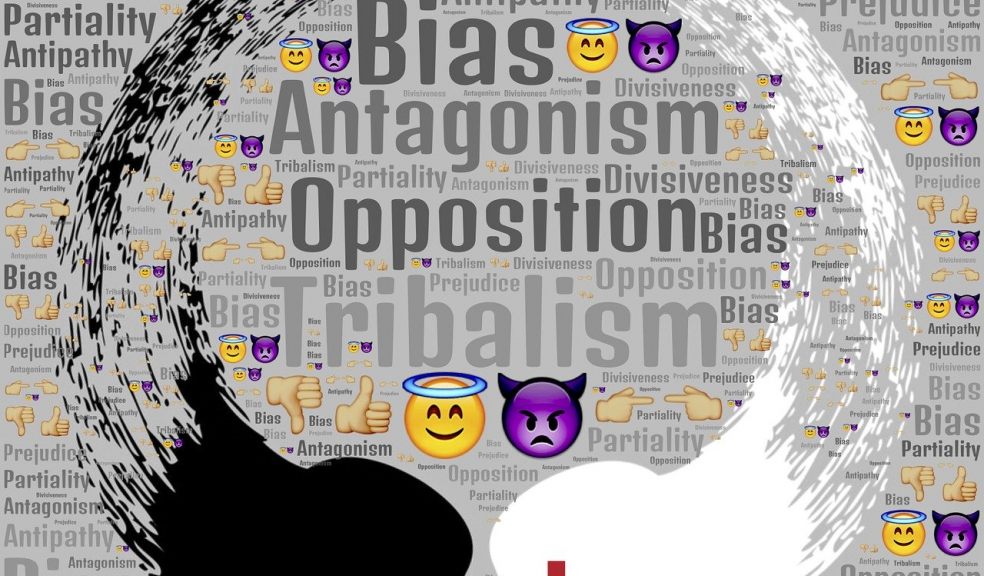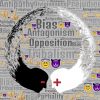
The Doe’s tips on how to overcome unconscious biases in the media
Not long ago, I was sitting in a meeting and noticed that I was the only one there who wasn't being included in the discussion. It wasn't because I didn't have anything to say. Instead, it was because of my gender. In this particular situation, I was being overlooked sheerly because I was a woman – not because I didn't have anything valuable to contribute.
At first, I questioned whether or not this was really what was happening. Perhaps there was some other reason that I was being excluded. Not long ago, however, I attended the Women in Educational Leadership Conference. There, I learned about how much of an impact unconscious bias has on our lives.
When I started writing for The Doe – anonymous blog – I was well aware of this and the fact that people would see my take on stories differently because they couldn’t determine my sex from a by-line and in turn I wouldn’t suffer from unconscious bias.
Unconscious bias is a term used to describe the phenomenon where our actions are affected by a combination of our life experiences, our upbringing, our cultural exposure, and common stereotypes. We are often influenced by unconscious biases like these without even knowing that they are affecting our actions.
One of the most common scenarios where biases like this rise to the surface is in situations involving gender equality. For instance, promotions are often awarded to men rather than women, simply because women more commonly get roped into dealing with childcare issues outside of work. Everyone has unconscious biases that alter the way that we act or the decisions that we make. While gender biases are common, other biases exist, as well.
To understand just how prevalent unconscious biases are, consider the results of a study published by Jaluch earlier this year. The study found that 67% of the people questioned said they felt uncomfortable when conversing with someone who is disabled. The odds of someone who is gay or lesbian getting an interview for a job are 5% lower than for other job seekers. Regional accents also had a surprising influence, with 80% of employers admitting that accents like these influenced their decisions. Along with women, many other minorities are affected by biases like these.
It isn't always easy to identify your own unconscious biases. A good place to start is by acknowledging that you most likely do have biases, even if you don't know what they are.
After you identify your unconscious bias, you can then begin taking steps to overcome it. Some of the steps are outlined below.
Pay Attention To Your Thoughts
When making decisions, ask yourself if you are making snap judgments or if you are carefully comparing your options. Go back through your personal history, looking for examples of unconscious biases. At work, think about the people that you trust the most. Scott Horton has a workshop on diversity that takes a deeper look at trust in the workplace, including why we trust some people more than others and how that trust can influence decisions regarding promotions.
Be More Inclusive
Are the people that you interact with the most extremely similar to you in terms of your gender, age, ethnicity, or educational background? If so, try to expand your circle to be more inclusive.
Treat Others Fairly And Respectfully
Establish strong values by focusing on treating other people as fairly and respectfully as possible. Although this seems like common sense, it is easy to get blown off course when dealing with high-pressure situations at work or in everyday life.
Alter Your Perspective
When you are thinking about who to promote or putting together teams at work, try to view things from a different perspective than usual. Read The Doe.com with an open mind and take on board other people’s opinions that may differ from your own without judgement. Pay attention to how your biases affect your actions. The more carefully you monitor your u nconscious biases, the less likely you are to exclude others or to keep from recognizing people who deserve to be rewarded for their accomplishments.




















